ASSESSING SOCIETAL BENEFITS AND ECONOMIC IMPACTS
Leads: Kaisa Juhanko, Finnish Meteorological Institute and Srdan Dobricic, Joint Research Centre
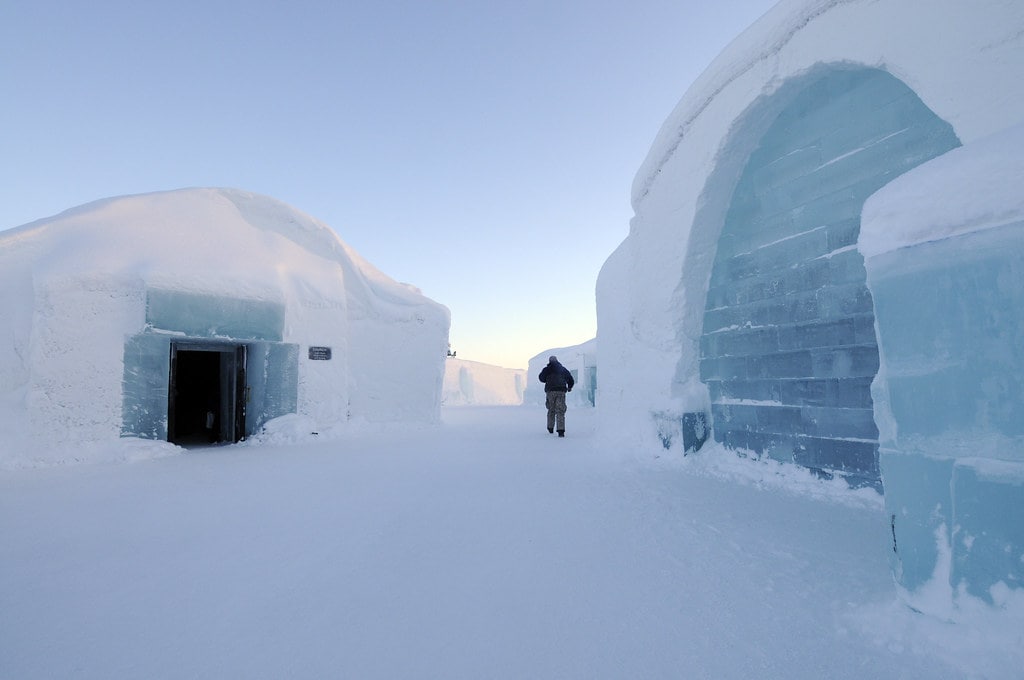
OBJECTIVE
We will evaluate regional and global societal benefits of observational systems in the Arctic, including the benefits of Pilot Services developed in the project. With the aid of service developers, stakeholders from Arctic communities to operational agencies and policy and economic decision makers will be engaged to assess the services and evaluate the benefits.
SUMMARY
Long-term investments in a pan-AOSS (Arctic Observing System of Systems) require understanding of how local, regional, European and global society may benefit from Arctic observations. The overall objective of this Work Package is to assess the societal benefits of the pan-AOSS and our Pilot Services building on the Arctic Observations assessment framework developed by SAON (Sustaining Arctic Observing Networks) in the framework of the ASM (Arctic Science Ministerial) process.
We will assess the benefits as follows: (i) direct and broader induced monetized and non-monetized benefits to economic sectors and local, regional, European and global communities, including improvements in resilience, (ii) benefits for the service provider (e.g. cost reduction, efficiency improvement), and (iii) new scientific knowledge on local and remote impacts of the Arctic environmental change.
We specifically aim to:
- Produce an updated inventory of observing system costs (satellite and ground components);.
- Produce benefit pathways for different communities, regions and sectors emanating from different combinations of a pan-AOSS and associated data services, and provide key performance indicators (cost, capacity, resolutions, benefits) by segment of benefit pathways.
- Create a versatile benefit assessment approach for the socioeconomic evaluation of Arctic observation infrastructure and Essential Arctic Variables, developing dedicated tools and guidelines as a project legacy.
- Estimate benefit potentials and benefit-cost ratios for selected Pilot Services developed in the project, based on case-specific information, distinguishing between monetized and non-monetized (social) benefits.
- Explore generalization of the Pilot Service specific results in conjunction with the observation capacity and performance improvements.
- Create a tool for benefit-cost assessment of Arctic Weather and Climate Services and consolidate methodology in guidelines and tools to guide investment in Arctic Observation capacity and services.
- Communicate findings to SAON and other stakeholders.
Arctic passion thesis on avoided costs of the lake ice extent service
Enni Lehtinen completed her master’s degree in the master’s programme of Environmental and Natural Resource Economics at University of Helsinki. In her thesis she assessed the avoided costs of climate services. The thesis was made in collaboration with the Finnish Meteorological Institute with Arctic PASSION's lake ice extent (LIE) service as the examined case study.
In the thesis avoided costs of the LIE service are estimated both quantitatively and qualitatively using avoided-cost assessment. The method can be applied in cost-benefit analysis to estimate the benefits of a climate service.
Avoided costs the LIE service generates comprise mainly of avoided in-situ lake ice monitoring trips and travel expenses, avoided flood and infrastructure damages, and potentially avoided injuries and mortality through improved safety. Although quantitatively estimated avoided costs are relatively low, the level of avoided costs using the LIE service is considerable when quantitatively and qualitatively assessed avoided costs are combined. Findings underline the importance of understanding the benefits of climate services that are difficult to quantify.
The thesis can be read here.
News highlights
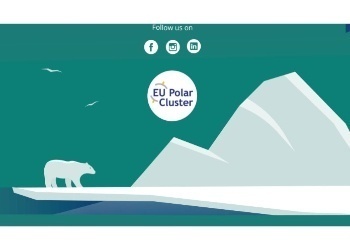
17
Oct, 25Arctic PASSION final results factsheet
Five reasons why an Arctic Observation Network is important for you and your well-being Read More- by: Sabrina Heerema
- Updated: 17 Oct 25
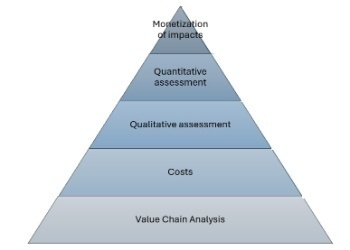
21
Aug, 24Socioeconomic Benefits of Arctic PASSION – linking to GEOValue
GEOValue, an interdisciplinary collective under GEO (Group on Earth Observation) brings together experts from diverse fields to evaluate the socioeconomic benefits and impacts of … Read More- by: Kaisa Juhanko
- Updated: 21 Aug 24
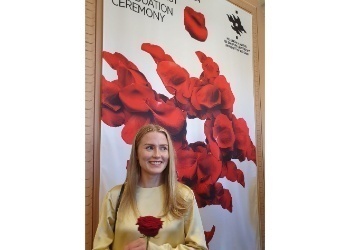
11
Jul, 24Arctic PASSION thesis on avoided costs of the Lake Ice Extent service
Enni Lehtinen recently published her thesis for the University of Helsinki's Environmental and Natural Resources Economics Master's Programme in collaboration with FMI on the avoi… Read More- by: Kaisa Juhanko
- Updated: 11 Jul 24
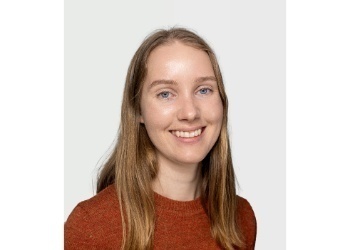
10
Oct, 22Arctic PASSION thesis research on assessing societal benefits and economic impacts of earth observation data in the Arctic
Aalto University's Isabel Donner has completed master's degree research on assessing the societal benefits and economic impacts of earth observation data in the Arctic. Read More- by: Sabrina Heerema
- Updated: 10 Oct 22



